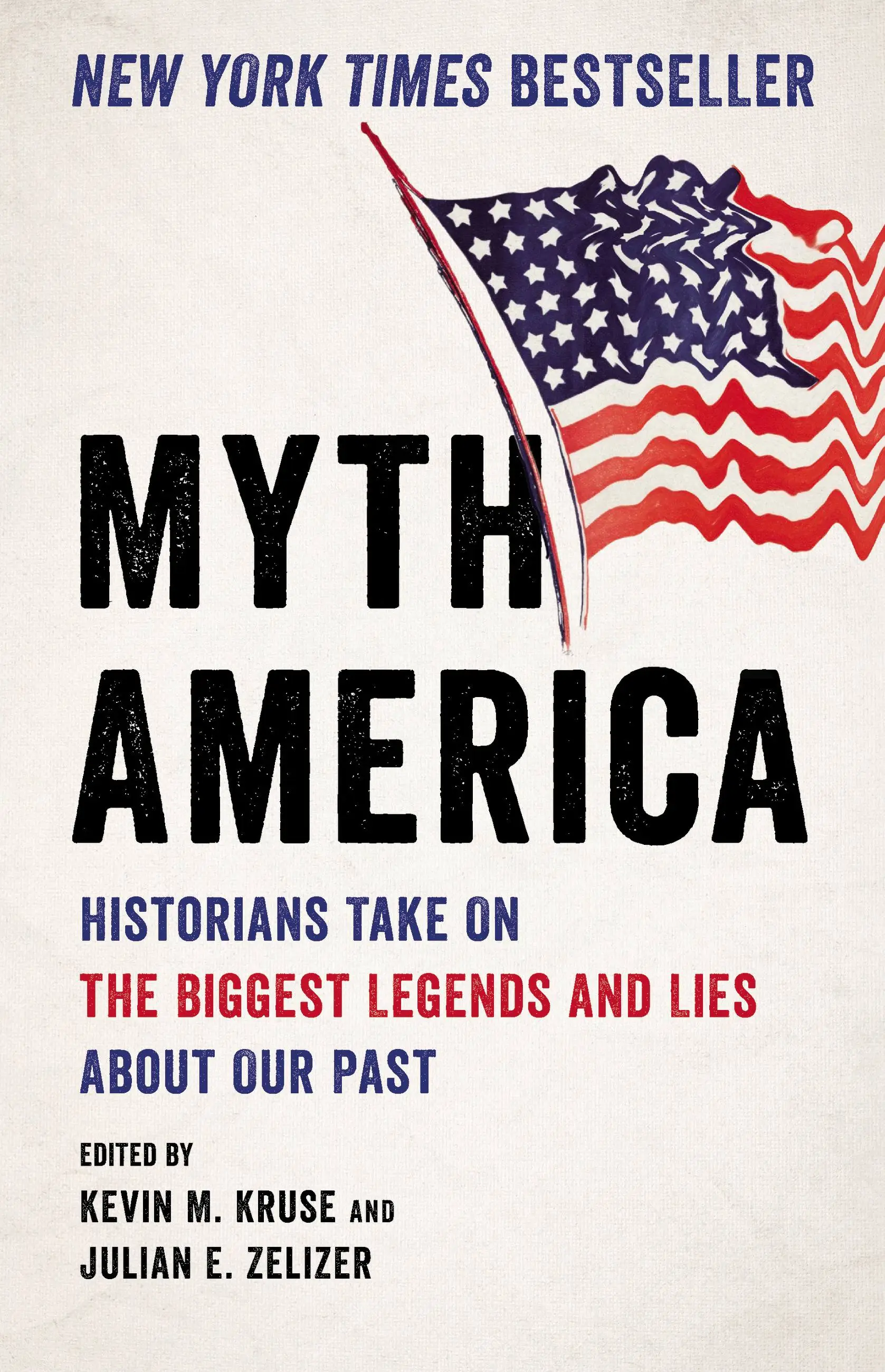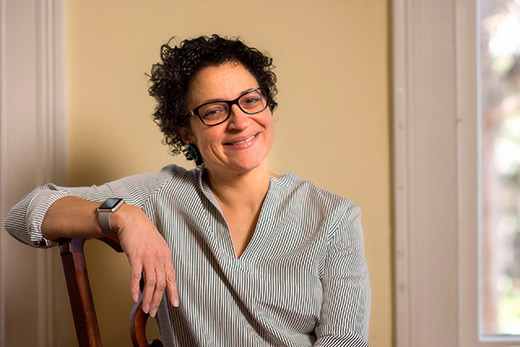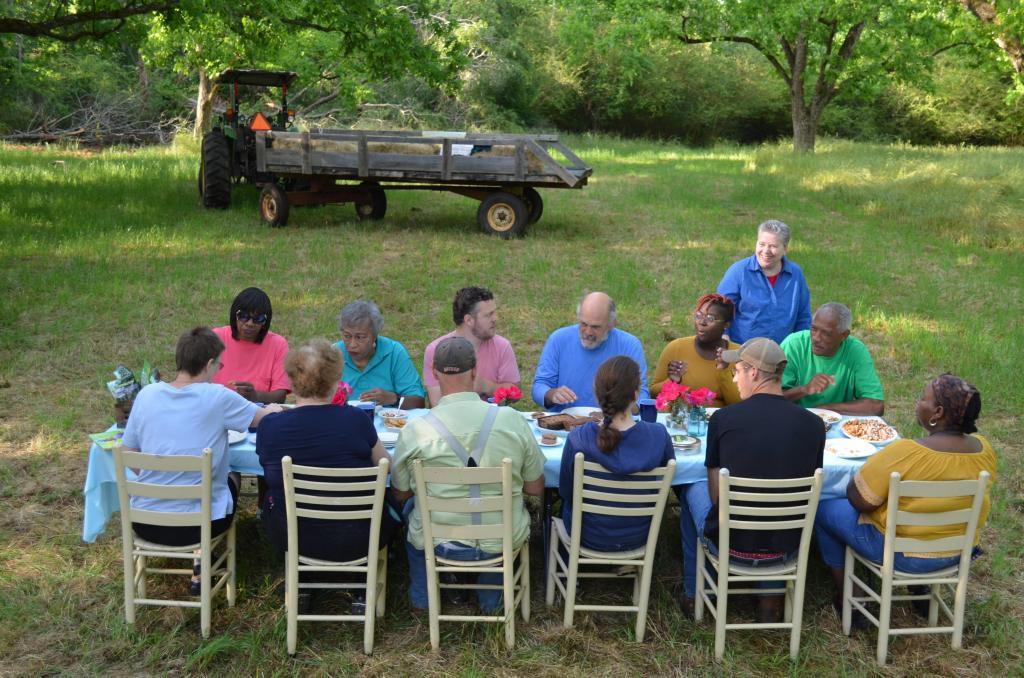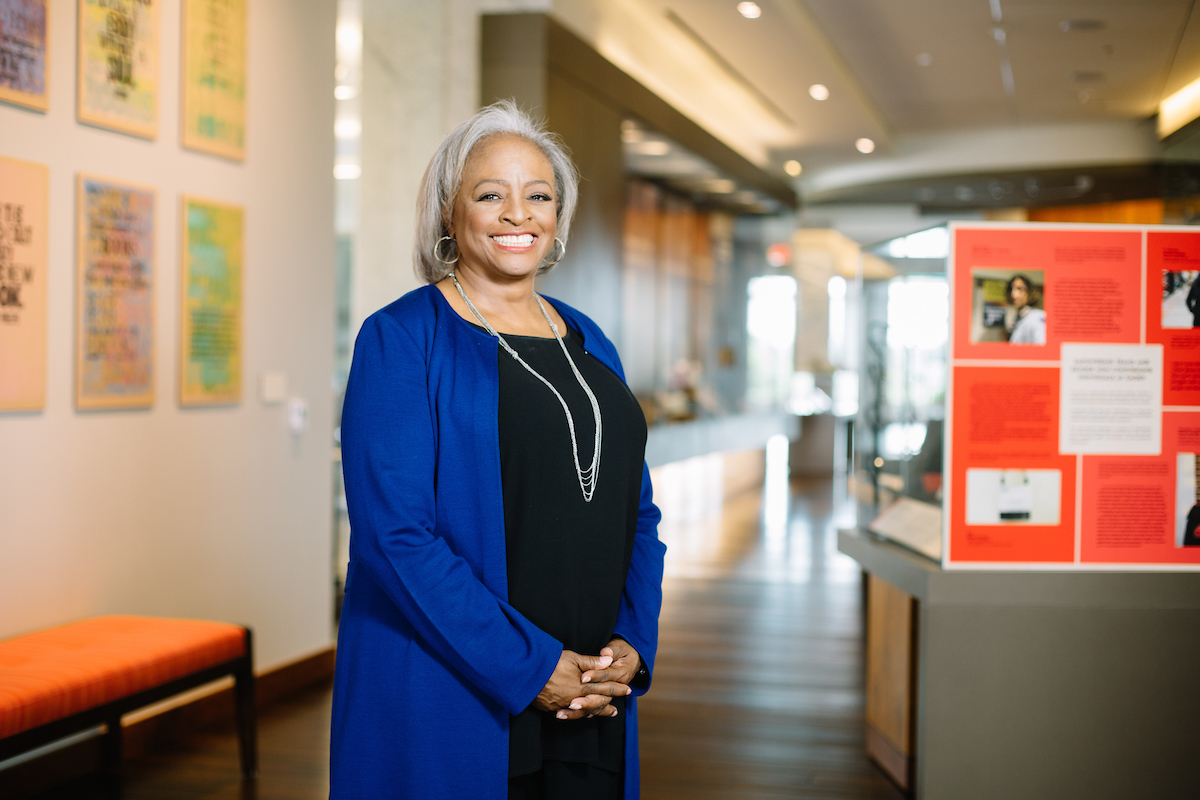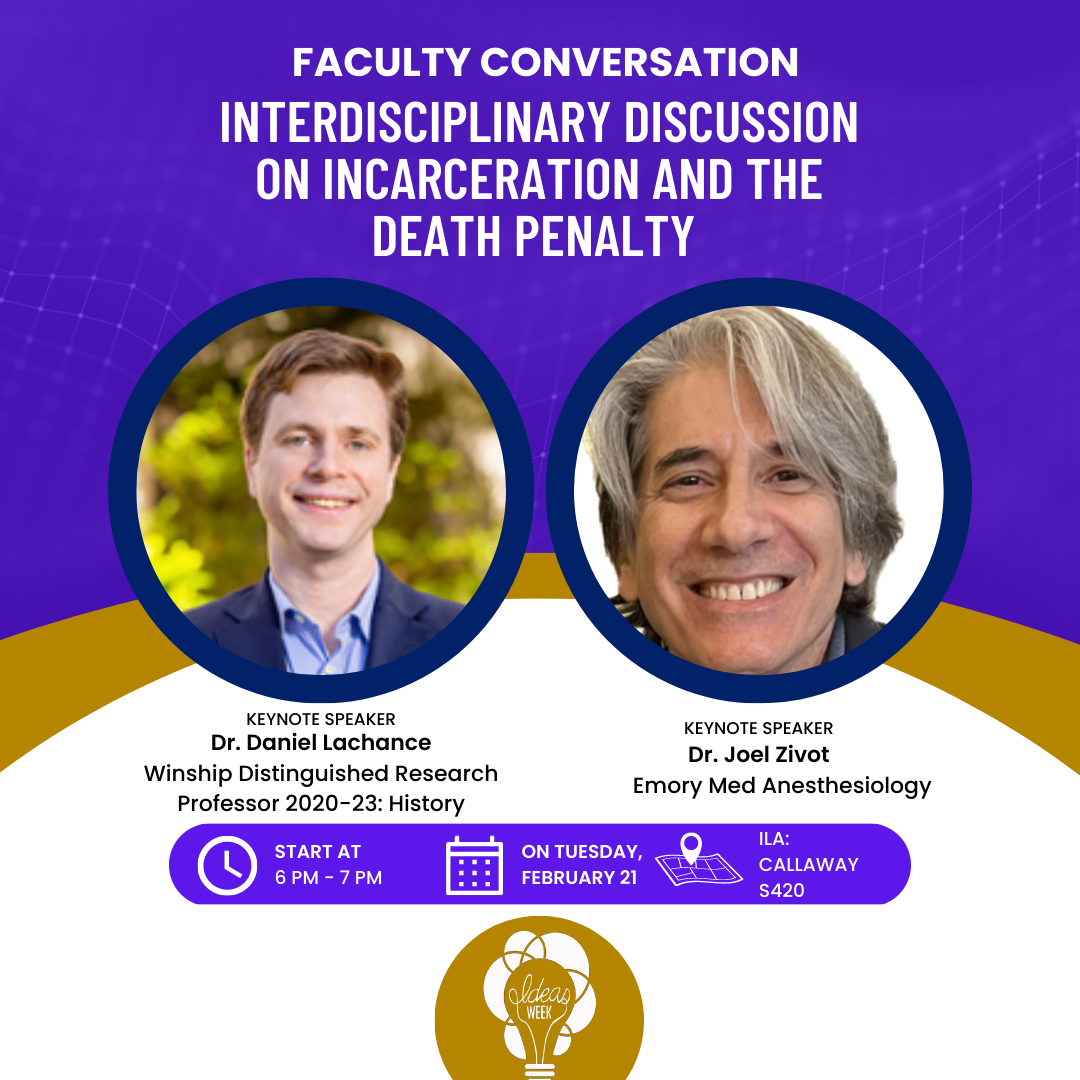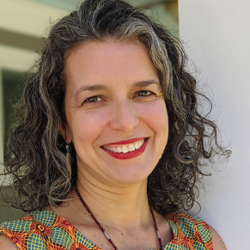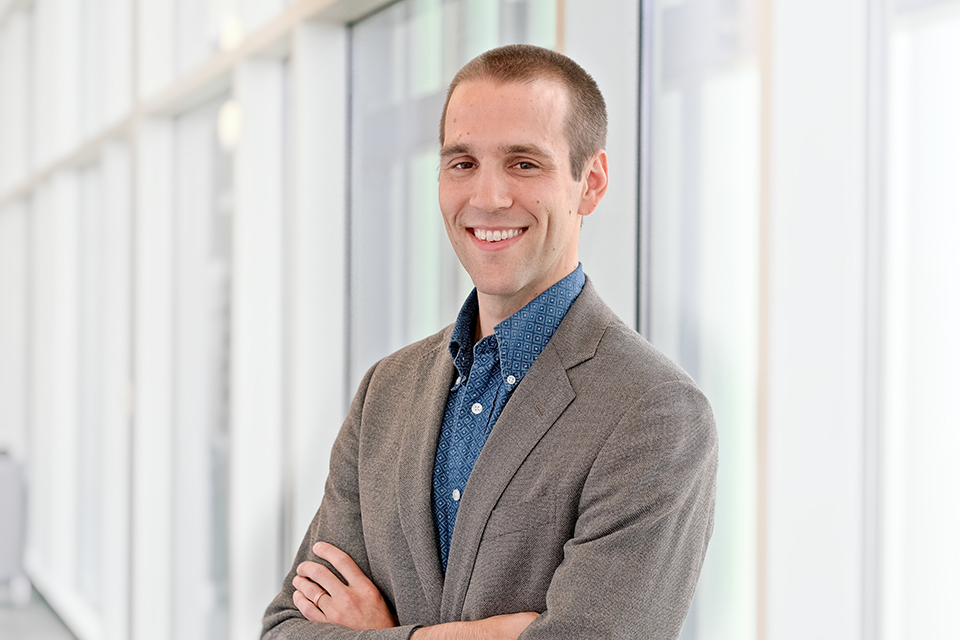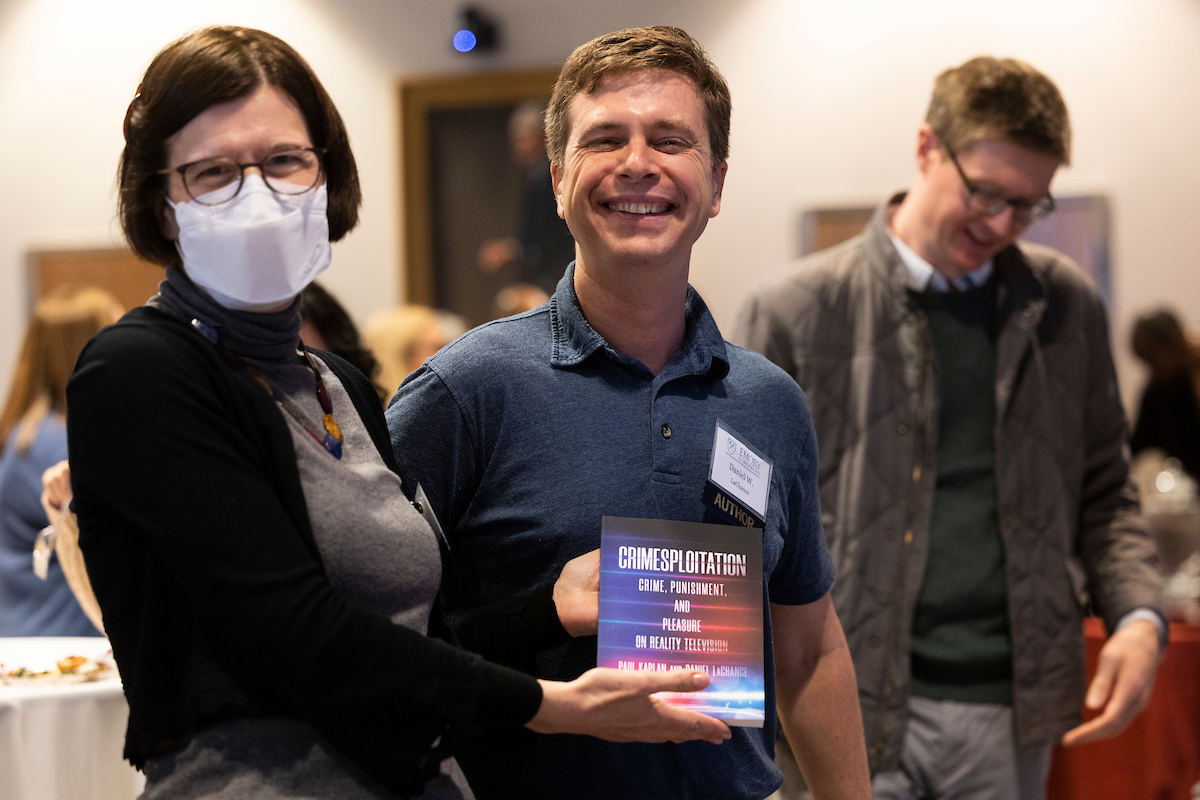Carlos Lozada, the nonfiction book critic for The New York Times, recently published a review of Myth America: Historians Take On the Biggest Legends and Lies About Our Past (Basic Books, 2023). Co-edited by Kevin M. Kruse and Julian E. Zelizer, the collection features a contribution from Dr. Carol Anderson, Charles Howard Candler Professor of African American Studies and Associated Faculty in the History Department. Anderson’s chapter debunks myths about the prevalence of voter fraud in U.S. elections and illustrates how such discourses have served to exclude and disenfranchise voters. Read an excerpt of the review below, along with the full article here: “I Looked Behind the Curtain of American History, and This Is What I Found.”
Several contributors to “Myth America” successfully eviscerate tired assumptions about their subjects. Carol Anderson of Emory University discredits the persistent notion of extensive voter fraud in U.S. elections, showing how the politicians and activists who claim to defend election integrity are often seeking to exclude some voters from the democratic process. Daniel Immerwahr of Northwestern University puts the lie to the idea that the United States historically has lacked imperial ambitions; with its territories and tribal nations and foreign bases, he contends, the country is very much an empire today and has been so from the start. And after reading Lawrence B. Glickman’s essay on “White Backlash,” I will be careful of writing that a civil-rights protest or movement sparked or fomented or provoked a white backlash, as if such a response is instinctive and unavoidable. “Backlashers are rarely treated as agents of history, the people who participate in them seen as bit players rather than catalysts of the story, reactors rather than actors,” Glickman, a historian at Cornell, writes. Sometimes the best myth-busting is the kind that makes you want to rewrite old sentences.
